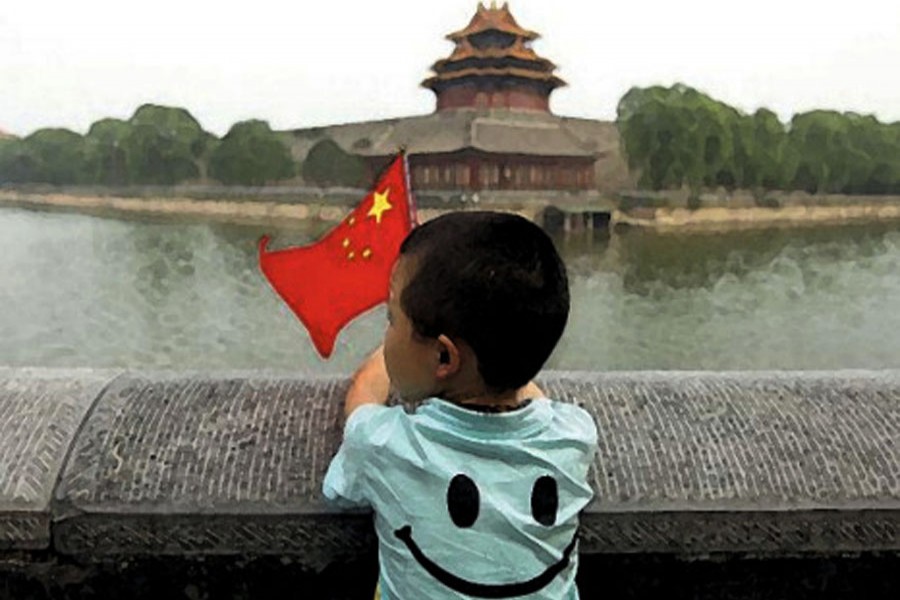Northeastern Chinese province Liaoning is planning to loosen birth restrictions and allow some couples to have a third child in a bid to improve dwindling fertility rates and stop its workforce from declining.
China introduced a controversial ‘one-child policy’ in 1978, but relaxed restrictions in 2016 to allow all couples to have two children as it tried to rebalance its rapidly ageing population.
However, experts have called for more radical measures, with birth rates still in decline and China’s health services and pension funds expected to come under increasing strain as the number of elderly people increases, reports Reuters.
The provincial government said on Tuesday that revising family planning regulations was one of its major priorities for 2019 after previous adjustments failed to arrest the decline in its population.
The rustbelt province has drafted new regulations aimed at improving education, housing and social security and providing more financial support for families choosing to have two children.
It will also allow some couples living in ‘border areas’ to have a third child.
While the central government imposes family planning rules nationwide through thousands of family planning offices, it gives leeway to some regions.
Ethnic minorities have usually been exempt from birth restrictions and rural families have also been allowed to have more children.
Liaoning’s birth rate fell to 6.39 per 1,000 people last year, far lower than the national rate of 10.94.
Its population also dropped for the second consecutive year in 2018, hit not only by the decline in new births but also by an exodus of young people seeking work in other regions.


